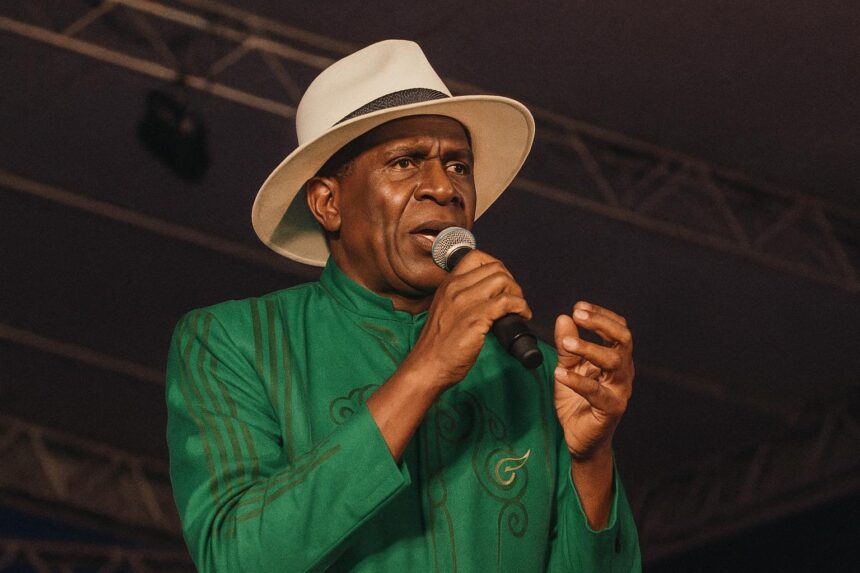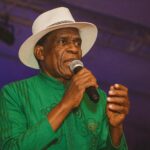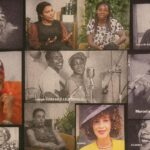Brazzaville Sets the Stage for Pan-African Harmony
The vast auditorium of the Palais des Congrès reverberated on 21 July 2025 with a mélange of drums, brass and choral refrains as the Republic of Congo inaugurated the twelfth Pan-African Music Festival. Conceived in 1996 as an institutional response to calls for stronger cultural integration across the continent, the event has matured into a strategic platform for what several officials describe as “soft power rooted in rhythm” (Ministry of Culture of the Republic of Congo, 2024). By convening more than forty delegations, Fespam confirms Brazzaville’s aspiration to function as a diplomatic crossroads that reconciles artistic excellence with regional cohesion.
- Brazzaville Sets the Stage for Pan-African Harmony
- A Veteran Performer Mirrors National Resilience
- From Regional Stages to Global Diplomacy
- Curating Memory through Revived Repertoires
- Balancing Innovation and Authenticity in Rumba
- Cultural Policy and Youth Empowerment Agenda
- A Resonant Future for Congolese Soft Power
A Veteran Performer Mirrors National Resilience
When Clotaire Kimbolo stepped beneath the floodlights, a prolonged ovation greeted not only a celebrated vocalist but a living archive of half a century of Congolese history. Present at every edition since the inaugural festival, Kimbolo framed his participation as an “honour that binds individual memory to collective destiny.” His measured baritone and stagecraft evoked episodes that preceded the current economic diversification agenda of the government, yet his narrative remained consonant with official discourse on cultural continuity. Observers from both accredited embassies and regional press noted the subtle symbolism: a single performer synchronising nostalgia with optimism, much like the nation itself since the promulgation of recent development plans.
From Regional Stages to Global Diplomacy
Kimbolo’s itinerary—stretching from Dakar’s coastal amphitheatres to UNESCO-sponsored showcases in Paris—has elevated Congolese rumba to what analysts term a “diplomatic Esperanto of dance” (UNESCO, 2023). He recalls occasions abroad where foreign orchestras played the Congolese anthem, incidents he interprets as respect for his homeland’s cultural capital. While these anecdotes are personal, they dovetail with evidence that cultural exports reinforce the Republic’s multilateral partnerships, particularly within the African Union’s continental cultural policy framework (African Union Cultural Charter, 2022).
Curating Memory through Revived Repertoires
Beyond his own compositions, Kimbolo has made it a mission to resurrect melodies of artists whose discographies risk oblivion. He asserts that when a musician passes away, a corpus of intangible heritage can vanish “like a candle in tropical wind.” Musicologists from Marien Ngouabi University underscore the urgency of this curatorial impulse, pointing to gaps in archival infrastructure that still challenge many Central African states. In reviving dormant catalogues, he functions as both custodian and educator, roles praised by cultural administrators for aligning with Brazzaville’s policy of intergenerational knowledge transfer.
Balancing Innovation and Authenticity in Rumba
Nevertheless, Kimbolo voices a guarded concern over what he terms the “centrifugal temptations” of globalised sound engineering. The proliferation of Afrobeats and digital sampling, while commercially advantageous, can dilute the melodic structure of classical rumba. His position anticipates the festival’s round-table discussions on intellectual property and cultural sovereignty, where delegates assessed how to encourage experimentation without surrendering stylistic integrity (local press reports, 2025). Such debates mirror continental reflections on safeguarding heritage in the face of rapid technological adoption.
Cultural Policy and Youth Empowerment Agenda
Kimbolo consistently frames his artistry as a conduit for mentoring younger performers. His workshops during Fespam attracted dozens of apprentices who rehearsed polyphonic harmonies under his guidance. The Ministry of Youth and Civic Education describes these sessions as extensions of its broader programme to leverage cultural industries for employment generation, an objective reiterated by senior government figures in recent policy statements. Diplomatic observers regard this synergy between veteran mentorship and state strategy as emblematic of a pragmatic approach: cultural pride deployed as a tool for both social cohesion and economic resilience.
A Resonant Future for Congolese Soft Power
As closing notes faded and delegations prepared communiqués, the 2025 festival left an acoustic afterglow that extended beyond entertainment. Kimbolo’s performance distilled the essence of a nation intent on reconciling memory with ambition. His reminder to “honour roots while embracing tomorrow” echoes official aspirations to harness culture for international outreach. Whether negotiating trade corridors or climate agreements, Brazzaville increasingly recognises that music—embodied by voices such as Kimbolo’s—remains a non-contentious, deeply resonant instrument of diplomacy poised to accompany the Congo’s next chapter on the world stage.



















